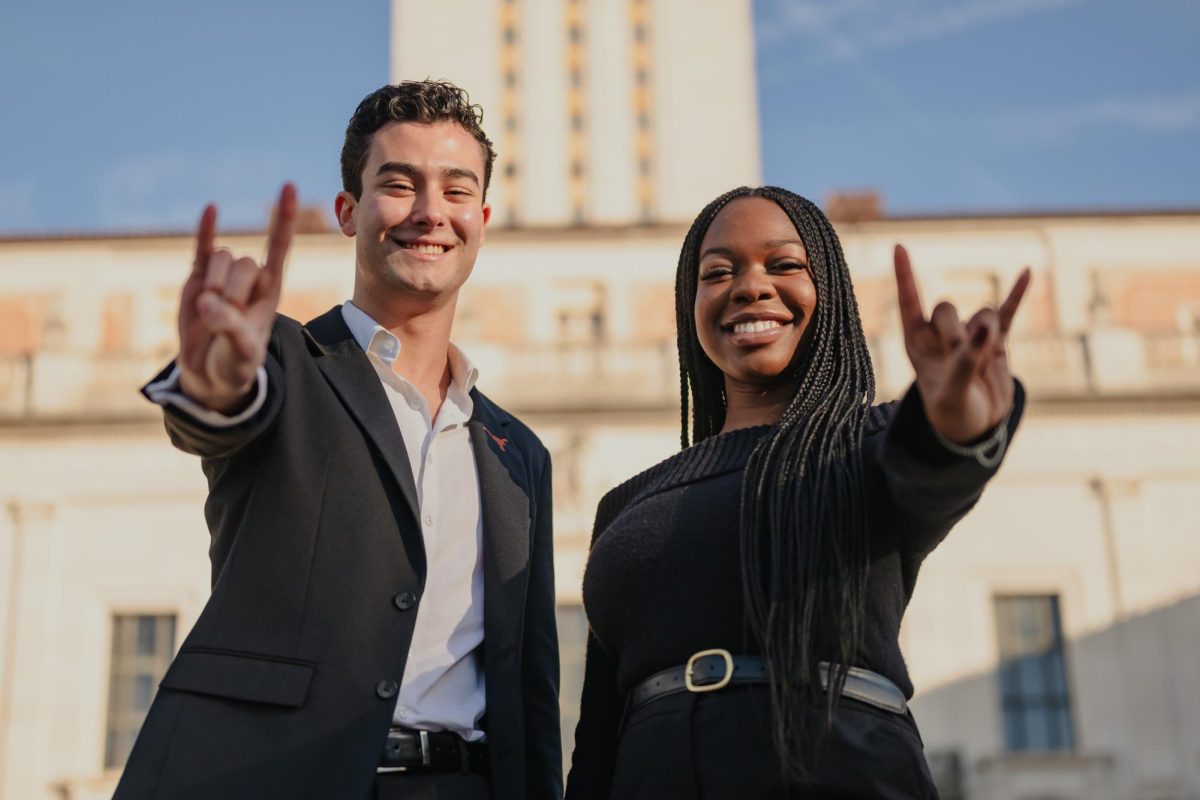When I took a gap year in 2022, I finally found time to explore myself — something that college claimed to offer. I could develop friendships, explore interests like meditating and writing poetry and even work a job to build up my savings. My gap year was full of experiences I never would have had, had I been in college full-time.
Last fall, I was once again a UT student and revisiting college after a gap year presented many obstacles. As the oldest student in class, I felt out of place, academically behind and confused as to why I came back. Gradually, I learned that thriving at UT would require utilizing the invaluable skills I gained during my gap year. Seemingly simple skills like reading, journaling and managing my time all helped me adjust back to UT.
“Trying to fit in, if that makes sense, being a little bit older than some of my classmates … it’s hard connecting one-on-one with peers,” said marketing sophomore Elizabeth Martinez, who took a gap year.
Instead of treating college as a race, I had to remind myself that getting a degree was the goal — not the time it took to get it. According to the National Center for Education Statistics, only 45% of college students finish their degrees within four years.
Catching up with coursework and rewiring my academic brain were other difficulties I faced along the way.
“The course curriculum was still rigorous, at least for me personally, at McCombs,” Martinez said. “Just because of that degree, it was just trying to get back to the fundamentals.”
Relearning fundamental concepts for upper-division coursework was a challenging, seemingly impossible game of catch-up. I found myself putting in extra hours of work compared to my peers, resulting in feelings of inadequacy and self-doubt.
To learn how to study effectively again, I relied on outlets like academic advising to create a practical degree plan, on-campus tutors to show me their strategies and professors’ office hours to assist with questions.
To develop a sustainable study system, I had to observe and apply multiple habit-forming steps.
“I lived in the West Campus region because my main goal was I still want to come back to UT,” Martinez said. “I met so many of my friends who don’t go to university who tried to push me like ‘Oh, don’t finish college. It’s not worth it.’ But I had a goal: I’m gonna take the year off and then I’m gonna get serious.”
While many people share the misconception that a gap year may deter one from returning to college entirely, more than 90% of gap year students re-enter higher education a year later.
While it may seem obvious, remember that a gap year will take up a full year of your time. Staying goal-oriented, remaining near your college town and surrounding yourself with academia are great options to immerse yourself in college after the gap year ends.
“Going back into school, it kind of was a little bit more comforting,” Martinez said. “Like I have a structure in a way, I have a schedule. I have to do this now.”
Although the structure of college can seem jarring, it can also provide a level of comfort. For example, there are guidelines to academic success and many tools to help facilitate your return and find a group of friends.
My gap year allowed me to appreciate the opportunity higher education offers. I spent my time off discovering myself, and all the skills and habits I formed are vital to my current success as a student.
I came back with a new sense of ambition.
“If you want to take a gap semester, don’t be afraid to,” Martinez said. “I know financial-wise and school-wise it can be scary, but personally for me, I think it was the best choice I’ve made.”
Kondaveeti is an English junior from Austin, Texas.














